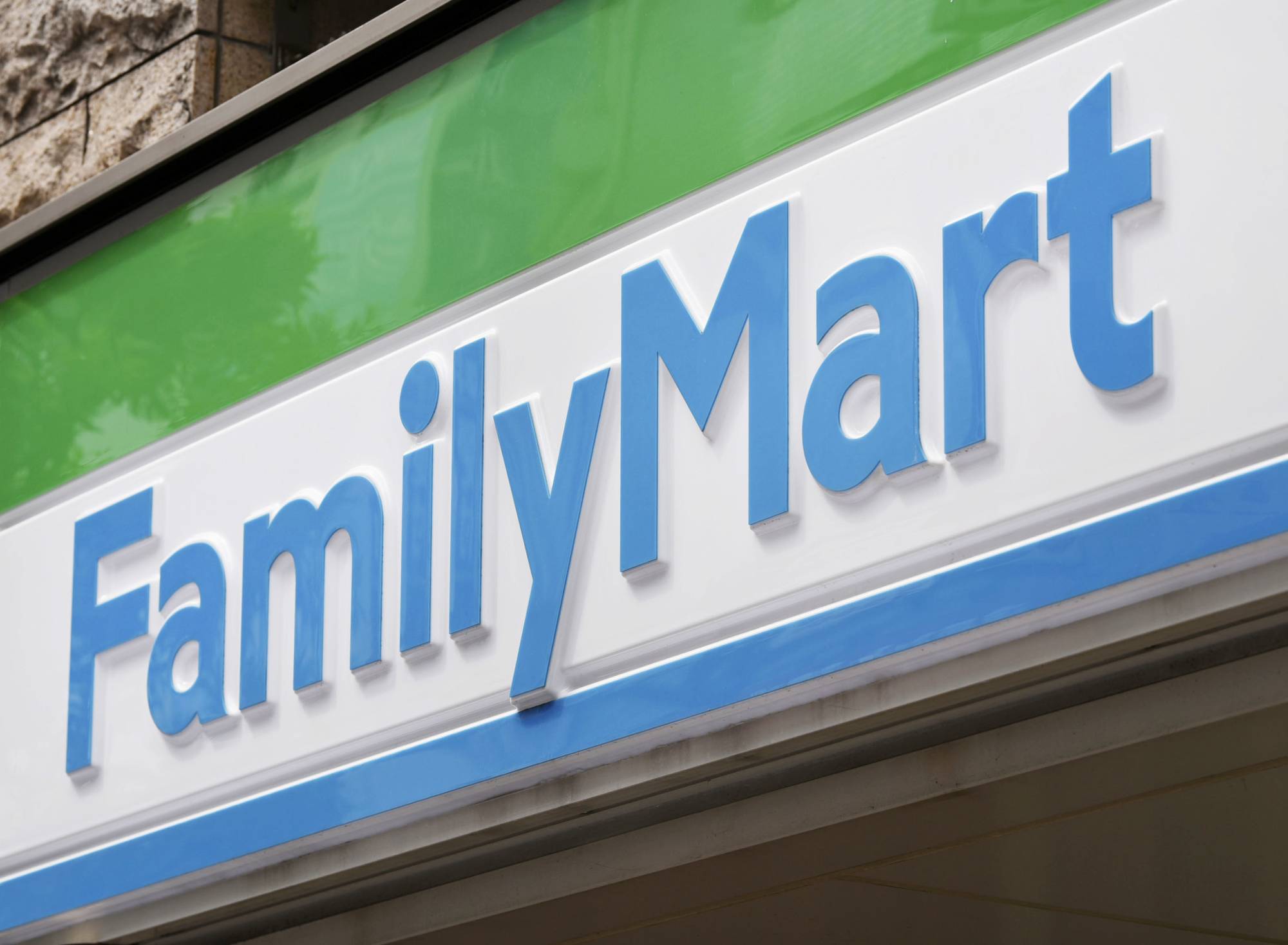FamilyMart Co. shareholders on Thursday approved a plan for trading house Itochu Corp. to take the convenience store operator private as the coronavirus pandemic prompts a strategic rethink on how to compete in a shrinking domestic market and plans for overseas expansion.
Following the approval of a share consolidation at an extraordinary shareholder meeting, FamilyMart will be delisted from the first section of the Tokyo Stock Exchange on Nov. 12.
Top shareholder Itochu, which made FamilyMart a subsidiary in 2018, raised its stake to 65.71% via a tender offer through August, despite opposition from some activist investors.
The shareholder meeting endorsed Itochu's aim of combining the over 500 million shares of the convenience store chain into two on Nov. 16.
The pandemic has hurt sales at FamilyMart, which has many stores in urban office areas, as people opt to work remotely and refrain from going out.
In the six months through August, FamilyMart plunged into the red with a net loss of ¥10.73 billion ($102 million). FamilyMart operated about 16,600 stores in Japan as of September, trailing industry leader Seven-Eleven Japan Co., which has over 20,000 outlets.
With its expertise and procurement networks, Itochu is aiming to help struggling FamilyMart bolster its business by enhancing its product lineups in cooperation with agricultural cooperatives.
Itochu also seeks to speed up decision-making at FamilyMart and assist its overseas expansion, making up for limited growth potential in the saturated domestic market, which faces a declining population.
Under Itochu's plan, after FamilyMart is taken wholly under its wing, ownership will eventually be redistributed with the trading house and an affiliated firm owning 95.1% and the National Federation of Agricultural Cooperative Associations and the Norinchukin Bank taking 4.9%.




